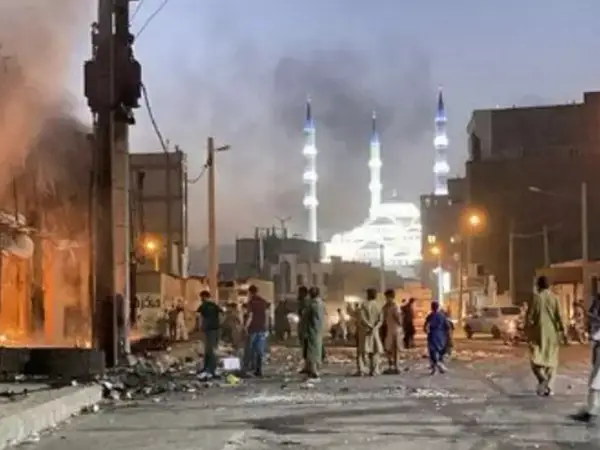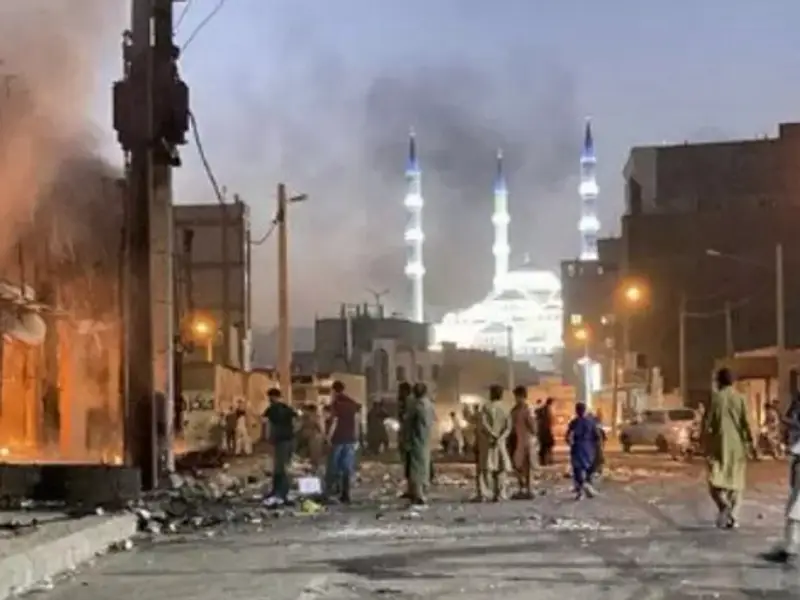Zahedan's Friday prayer leader fears that even with an upcoming court session regarding the Bloody Friday massacre of 2022, the main perpetrators will evade justice.
Mowlavi Abdolhamid said the upcoming session is a crucial step towards justice, a development awaited by the community, but amidst Iran's corrupt legal system, feared justice would not be done, the country's security forces protected from the repercussions of their brutal suppression.
On Monday, he said, "The perpetrators of the crime and those affiliated with the Revolutionary Guards and Basij will never face justice", revealing that the court session has been finally summoned with a limited presence of law enforcement personnel.
Bloody Friday, which took place on September 30, 2022, amidst nationwide protests for the Women, Life, and Freedom movement in Iran, marked a tragic chapter in Zahedan's history.
Following Friday prayers at the Makki Mosque, Zahedan residents gathered to protest the alleged assault by a police commander on a teenage Baluch girl in Chabahar. The peaceful demonstration turned deadly when law enforcement personnel opened fire from inside a police station, resulting in the loss of at least 100 lives.
Previous attempts at seeking justice were met with controversy, with reports indicating that the presiding judge attempted to resolve the matter through blood money settlements without adequately considering the statements of the victims' families.
In November, Abdolhamid questioned why the perpetrators had so far not been brought to justice in spite of orders from the country's Supreme Leader. “It is surprising that despite the leader's order to punish the perpetrators and leaders of this crime, it has not been followed. Our belief until now was that the leader's orders are valid, and at least those who eat the bread of sovereignty and government will follow it," he said.
Zahedan, in the southeastern province of Sistan-Baluchistan, is among the most economically deprived parts of Iran. The province has a large Baluch population, mostly Sunnis. They have historically been among Iran's most persecuted minorities, with the highest execution rate.

